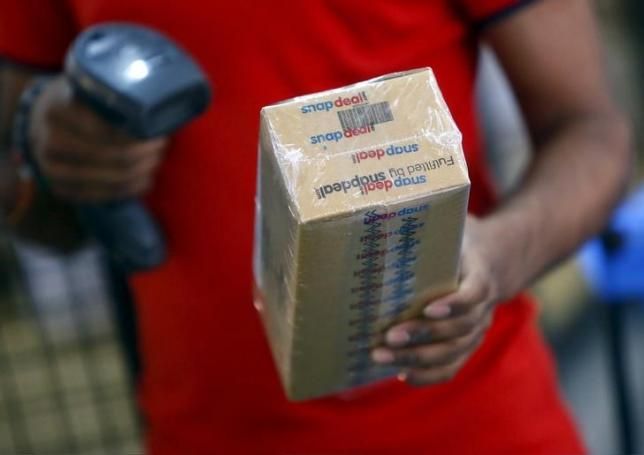Industry experts said the major pain point would be tax collection at source, which would create a rift between sellers and e-commerce companies.

Industry stakeholders have said the GST Bill puts the compliance burden on e-tailers as they have thousands of sellers on their platforms.
“In addition, small sellers will have cash-flow issues as they will have to claim refunds for tax paid on inputs, which e-tailers will not be able to account for,” said a senior official of an e-commerce company.
While e-commerce biggies are happy that the move to pass the Bill would bring clarity in the online business space, many are talking about the extra work that would go into the administration of business.
“Even though GST means new ways to calculate tax and some bit of extra work in administration of business,” said Vijay Shekhar Sharma, founder and CEO of Paytm, “I think it is great for online businesses because it brings clarity and tax obligations. Surprisingly, GST will also open new markets for online commerce because, today, due to complexities of entry tax and other processes, customers in some states cannot order everything from online shopping destinations.”
Industry experts said the major pain point would be tax collection at source, which would create a rift between sellers and e-commerce companies.
“Tax collection at source is not there for any other sector, why only for e-commerce?
According to the GST Bill, any payment made to a supplier would be subject to tax collected at source at the notified rate. This may disrupt the relationship between sellers and e-commerce companies,” said a senior analyst.
According to the GST Bill, every operator will furnish an electronic statement of all amounts collected towards outward supplies of goods and services during a month.
Experts said the tax would go to the state where the physical movement of goods originated.
“With the concept being ‘destination-based consumption tax,’ the e-tailers need to adopt a new model, wherein the state where the package is delivered gets the respective tax for the sale and not necessarily from where the order is booked. This, as I understand, is both for B2B and B2C e-tailing where physical goods are transported. The data for the actual consumption-based supply will need to be furnished, while filing the GST returns,” said Sreedhar Prasad, partner - e-commerce, KPMG, in India.
For e-services, the tax would go to the state where the registered address of the customer of the subscription is based, according to the records of the e-commerce player for a B2C services.
“It would be interesting times ahead with considerable changes to the ERP systems of e-commerce players to accommodate the requirements of GST,” he added.
Photograph: Reuters






